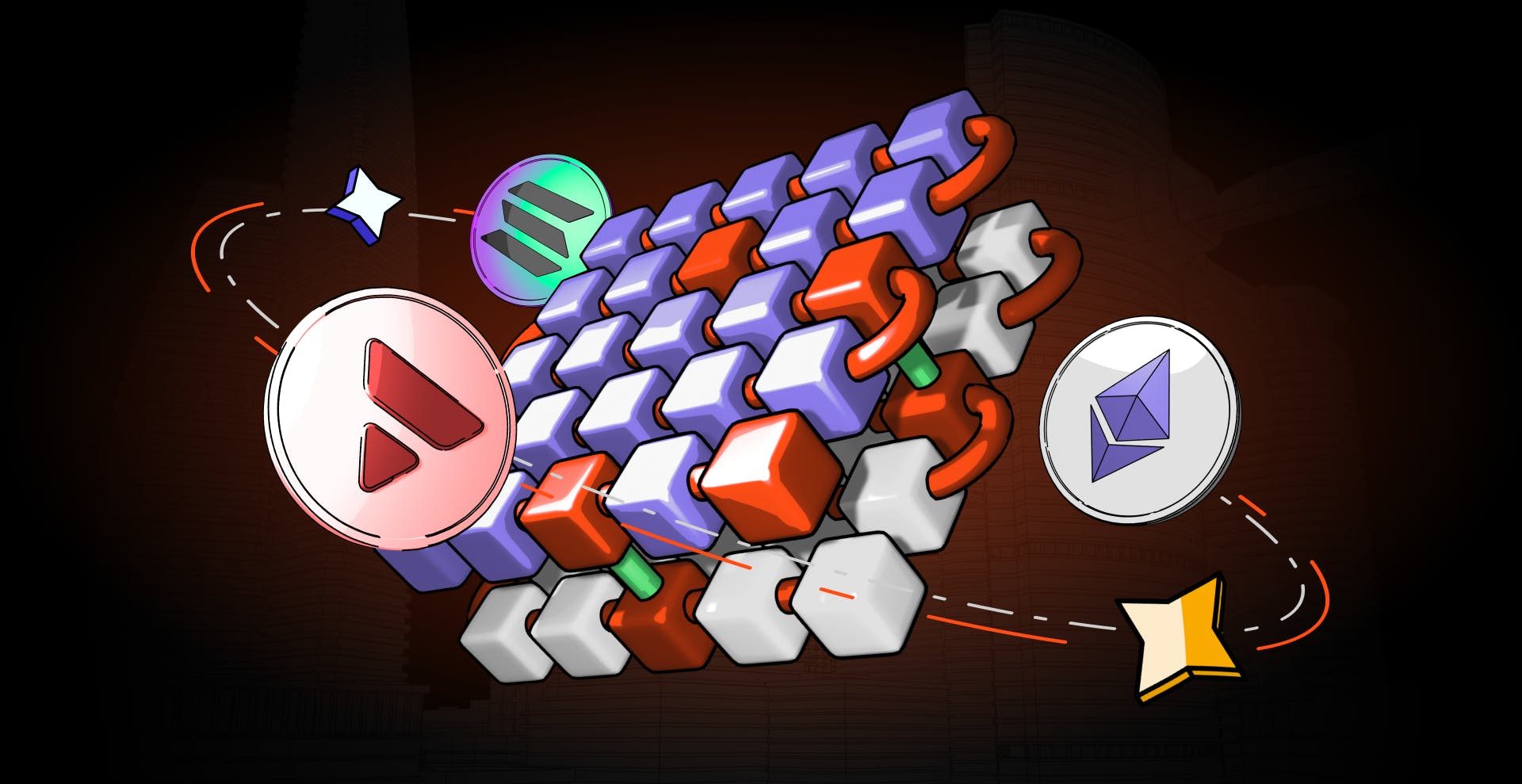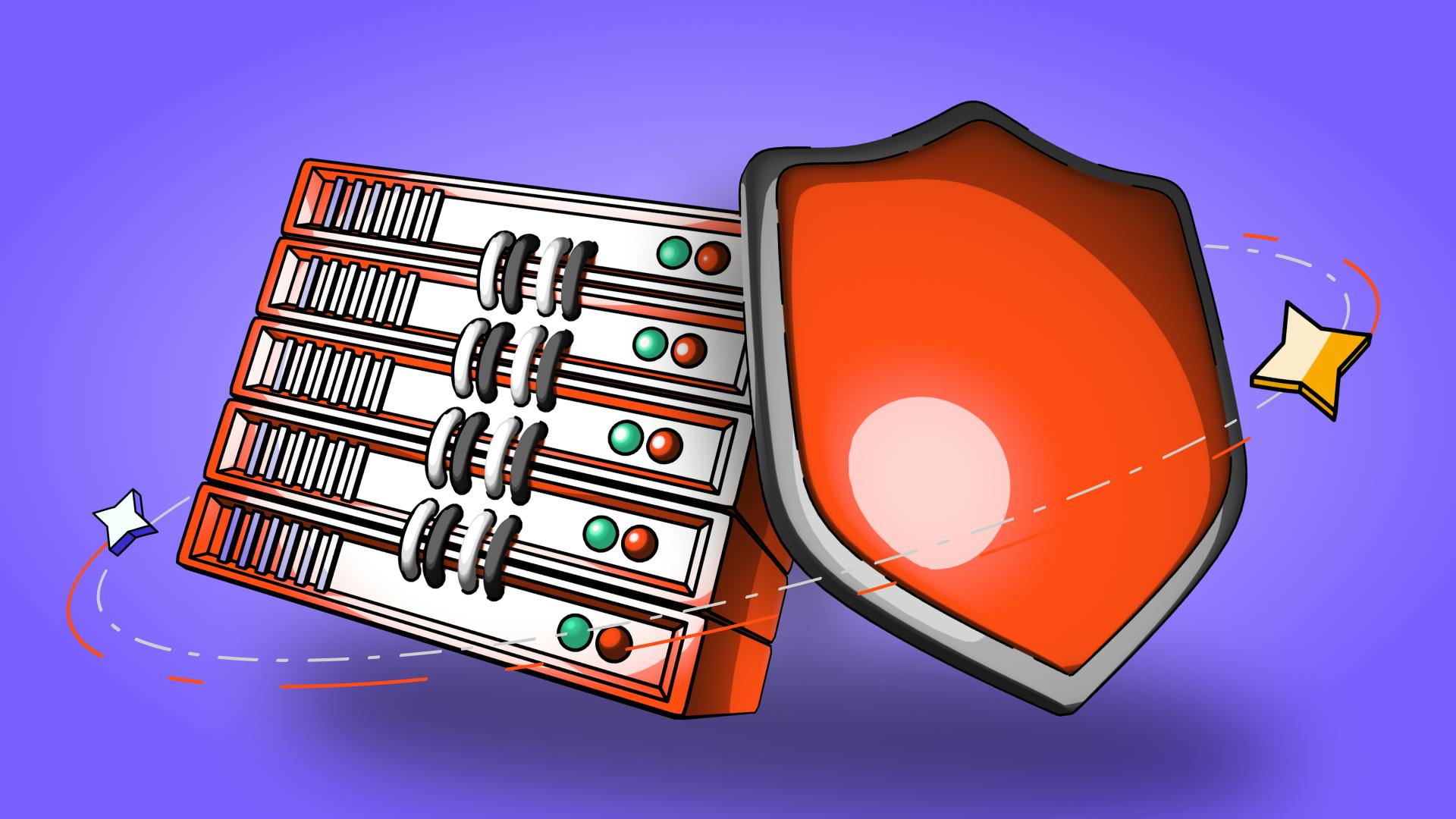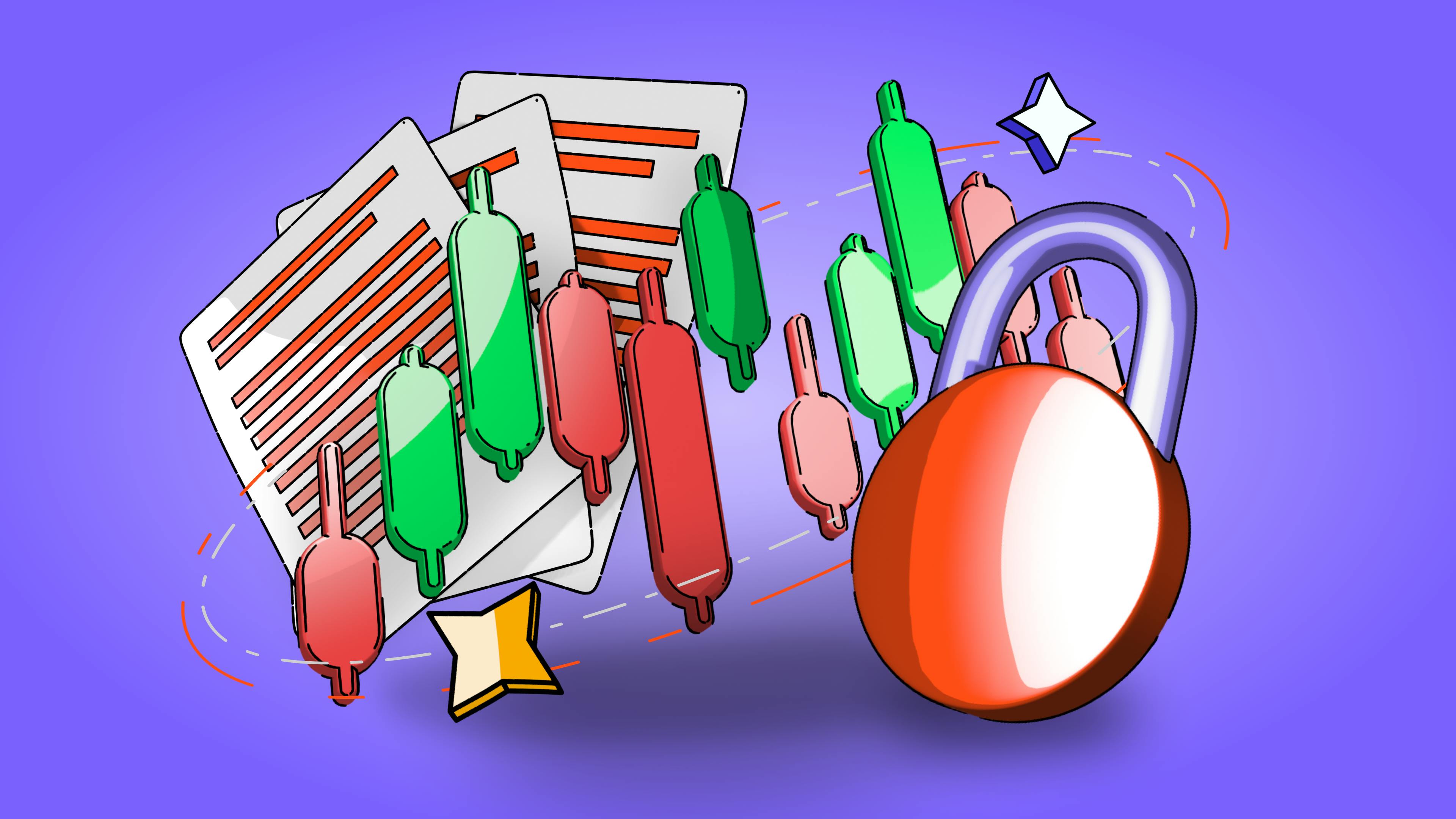The Evolution of Smart Contracts in Blockchain
20 de fevereiro de 2025

by Kamil S
20 de fevereiro de 2025
Smart contracts are essentially software programs stored on a blockchain network that automatically execute when specific pre-set conditions are met. They play a crucial role in automating agreements and transactions, ensuring that outcomes are immediate and certain for all participants without the need for intermediaries or delays. These digital transaction protocols control, verify, and self-execute agreements based on the contract terms coded into them. Once deployed on a blockchain, smart contracts become immutable and secure. They can store various states and execute complex computations, interacting with other smart contracts and accounts as necessary. In other words, blockchain smart contracts offer us the automation of trust - a quest humanity has long searched for.
The concept of smart contracts was first proposed in 1994 by Nick Szabo, a legal scholar and cryptographer. However, it wasn't until the advent of blockchain technology that smart contracts could be practically implemented. The first major breakthrough in blockchain-based smart contracts came with the creation of Bitcoin by Satoshi Nakamoto in 2008, which enabled the development of simple smart contracts.
For example, Bitcoin's scripting language allows for the creation of certain conditions that need to be met for a transaction to occur. One of the simplest forms of this is a transaction that requires multiple signatures (multisig) for the funds to be transferred. This can be considered a basic form of a smart contract, as it involves a simple "if-then" condition (if all required parties sign, then the transaction is processed).
However, these are not smart contracts in the broader sense that we understand them today, which often involve more complex conditions and are used in a wider range of applications beyond financial transactions. The evolution of more sophisticated smart contracts is more closely associated with the development of Ethereum, launched in 2015 by Vitalik Buterin and others, which expanded the possibilities of blockchain technology by allowing the creation of more complex, programmable smart contracts and decentralized applications. This innovation marked a shift in how smart contracts were utilized, moving from simple transactions to more complex, programmable agreements.
The journey from Szabo’s original vision to the modern execution of smart contracts reflects an evolution from a theoretical concept to a key component in the blockchain ecosystem. This evolution has been marked by the increasing sophistication of the contracts, the programming languages used to write them, and the blockchain platforms that support them. While Szabo's early proposals focused on replicating traditional contract mechanisms digitally, today's smart contracts on platforms like Ethereum, Bitcoin, and others enable a wide range of applications far beyond what was initially imagined.
Smart contracts have not only revolutionized how transactions and agreements are conducted in the digital world but also paved the way for numerous innovations across various sectors like finance, supply chain management, real estate, healthcare, and more. Their development continues to be an area of significant interest and research within the blockchain community, with ongoing efforts to enhance their capabilities, security, and efficiency.
Smart contracts are programs that run on a blockchain like Ethereum. They are made up of code (functions) and data (state) and reside at a specific address on the blockchain. These contracts are not controlled by users but are deployed to the network to operate as programmed. User accounts can interact with a smart contract by submitting transactions that execute its functions. The nature of these contracts is such that once deployed, they cannot be deleted, and interactions with them are irreversible, ensuring a high level of security and trust.
Smart contracts on the Ethereum blockchain and other networks are generally public and can be considered open-source to an extent. This is because the code for these contracts is stored on the blockchain, which is a public ledger. This means that the code for any given smart contract is visible and accessible to anyone who wishes to view it.
Unlike traditional contracts, smart contracts do not contain legal language but rely solely on computer code to define and enforce rules. This code dictates the contract's behavior and outcomes based on the predefined logic. Smart contracts can define and automatically enforce rules like a regular contract, but they do so through code rather than legal terminology.
A simplified analogy for understanding smart contracts is to compare them to a digital vending machine. Just as a vending machine automatically dispenses a snack when you insert money and select an item, a smart contract automatically executes its coded instructions when specific conditions are met.
Smart contracts offer several advantages, such as autonomy, cost efficiency, and reliability due to their automated nature and use of blockchain technology. However, they also face limitations like the inability to retrieve data from off-chain sources without external tools like oracles, and potentially size limitations. Smart contracts, with their unique combination of features, have the potential to significantly streamline and secure a wide range of transactions and processes across various industries.

Smart contracts are increasingly being adopted across various sectors due to their ability to automate processes, enhance transparency, and increase security. Here are some key applications and use cases in different industries:
Supply Chain Management: In supply chains, smart contracts are revolutionizing the way goods are tracked and transactions are executed. They enable end-to-end visibility, ensuring authenticity and minimizing delays. By automating agreements between suppliers, manufacturers, distributors, and retailers, they combat inefficiencies and fraudulent activities. The transparency and immutability of blockchain ensure every stage of the supply chain is verifiable and authentic.
Real Estate: The real estate sector benefits significantly from smart contracts by simplifying complex legal procedures and reducing transaction costs. Smart contracts automate ownership transfers, payment processes, and property title verifications, eliminating the need for intermediaries like agents and lawyers. This democratizes property ownership and streamlines transaction processes.
Financial Services: Smart contracts in finance streamline financial transactions, automate policies, and enhance efficiency. They are used in automating payments, loans, insurance claims, and decentralized autonomous organizations (DAOs), thus reducing costs and eliminating intermediaries. The decentralized nature of smart contracts opens up opportunities for peer-to-peer lending, democratizing financial services.
Voting in Elections: Smart contracts can potentially transform democratic processes by offering a secure environment for voting, reducing voter manipulation risks, and streamlining vote-counting processes. They can ensure secure identity verification and facilitate decentralized decision-making.
Intellectual Property: In the realm of intellectual property, smart contracts help artists and creators protect their work. They enforce copyright, license terms, and royalty payments automatically, enhancing accountability and ensuring fair profit distribution.
Healthcare: In healthcare, smart contracts facilitate secure and efficient data sharing essential for clinical trials. They also assist in data authentication, ensuring accuracy and integrity, which is crucial for wide-reaching clinical trials.
Retail: Retailers can use smart contracts to streamline administrative processes, fast-track payments to contractors, digitize payroll administration, and track inventory in real-time, improving overall efficiency.
Digital Identity: Smart contracts can be used to create digital identities, storing components like reputational data and digital assets. They can connect to various online services, allowing verification without revealing identities.
Essentially, smart contracts could simplify and automate routine processes, potentially disrupting traditional legal and financial fields. Their secure, transparent, and automated nature makes them an attractive option for many sectors, promising efficiency and integrity in transactions.
More use cases in the crypto industry specifically:
Stablecoins: Smart contracts are pivotal in the creation and management of stablecoins, digital currencies pegged to stable assets like fiat currencies or gold. They ensure the stability of these coins by automatically regulating supply and maintaining the peg, providing a reliable digital currency option for transactions in volatile markets.
Creating and Distributing Unique Digital Assets: Smart contracts enable the creation, distribution, and management of unique digital assets, like Non-Fungible Tokens (NFTs). These assets can represent ownership of specific items, digital art, or collectibles, and smart contracts ensure their uniqueness and ownership transfer processes.
An Automatic, Open Currency Exchange: Smart contracts facilitate the development of decentralized currency exchanges. These platforms allow users to trade various cryptocurrencies without needing intermediaries, offering transparent, secure, and efficient trading experiences. Smart contracts automate the exchange processes and ensure compliance with trading rules.
Decentralized Gaming: In the blockchain gaming industry, smart contracts are used to create decentralized gaming platforms. These platforms allow for transparent and fair gameplay, where in-game assets can be bought, sold, or traded securely. Smart contracts manage in-game economies, ensuring the rarity and ownership of digital assets, and even automate rewards distribution based on game outcomes.
Smart contracts offer several significant advantages and benefits, which are primarily derived from their blockchain-based nature:
Efficiency and Speed: Smart contracts automate and expedite the execution of agreements. They eliminate the need for intermediaries, thus speeding up transaction processes and reducing delays.
Reduction of Human Error: By automating processes, smart contracts minimize the risk of human error. They are programmed with specific conditions and outcomes, ensuring accuracy and reducing the potential for mistakes in contract execution.
Immutability and Security: Once deployed on a blockchain network, smart contracts cannot be altered, offering a high level of security. This immutability ensures that the terms of the contract are adhered to without the risk of tampering or fraud.
These advantages make smart contracts a valuable tool for various applications, enhancing the reliability and efficiency of contractual agreements across different sectors.
Smart contracts, while offering numerous advantages in automating and securing transactions, also face several challenges and limitations:
Irreversibility and Permanent Contracts: Once smart contracts are deployed on the blockchain, they cannot be easily modified or reversed. This immutability poses challenges in rectifying errors or unintended actions. If a contract contains a flaw or needs to be updated due to changing circumstances, addressing these issues can be difficult, if not impossible.
Dependency on Code Quality and Programmer Expertise: The effectiveness and security of a smart contract heavily depend on the quality of its code. Errors in programming can lead to unintended consequences or vulnerabilities. Therefore, a high level of expertise is required to write and review smart contract codes. This reliance on skilled programmers poses a risk, as even small oversights can have significant repercussions.
Potential for Coding Loopholes and Vulnerabilities: Smart contracts can be prone to bugs and security loopholes due to the complexity of the programming languages and the blockchain infrastructure they are built on. Hackers may exploit these vulnerabilities, leading to loss or theft of assets. For instance, if an oracle (a third-party data source) used by a smart contract is compromised, it can lead to the manipulation of the contract's functions.
Legal and Regulatory Concerns: Smart contracts exist in a somewhat gray area in terms of legal enforceability. They may not always align with existing legal frameworks, and the absence of explicit laws and regulations raises questions about their legal validity. This lack of legal clarity and harmonization with traditional legal systems is an ongoing challenge.
While smart contracts bring innovation and efficiency to various sectors, they also come with inherent risks that need careful consideration and management. The challenges highlight the need for robust coding practices, ongoing legal and regulatory developments, and a comprehensive understanding of the technology's limitations.
The future of smart contracts in the blockchain ecosystem appears full of potential. As technology advances, we can expect smart contracts to become more sophisticated, secure, and user-friendly. This evolution will likely lead to wider adoption across various industries, expanding beyond current applications into new and innovative areas.
Predictions for the future direction of smart contract technology suggest a focus on enhancing security features to address existing vulnerabilities and coding loopholes. Additionally, there's an anticipated increase in the integration of artificial intelligence and machine learning to automate more complex decision-making processes within smart contracts.
As the blockchain landscape continues to grow and diversify, we'll likely see more blockchain platforms developing their smart contract capabilities, each offering unique features and advantages. This competition will drive innovation, leading to more efficient, versatile, and robust smart contract solutions.
Smart contracts are poised to play a crucial role in the digital transformation of many sectors, offering a more streamlined, transparent, and efficient way of conducting transactions and enforcing agreements.
Join the Coinmetro community on Discord and Telegram, where forward-thinking traders and investors gather to share insights, explore new opportunities, and dive deep into the world of cryptocurrencies. Should you need any help, feel free to reach out to our world-class Customer Support Team via 24/7 live chat or email at hello@coinmetro.com.
To become a Coinmetro user today, Sign Up now, or head to our new Exchange if you are already registered and experience our premium trading platform.
Etiquetas
Artigos relacionados

Fornecedores de Dados do Mercado de Criptomoedas: Garantindo Transparência e Precisão
Dados precisos e transparentes são essenciais para os mercados de criptomoedas, onde os preços podem mudar rapidamente e a informação pode estar…
8m

Negociação Demo de Criptomoedas: Pratique Negociação sem Riscos
A negociação demo de criptomoedas, ou paper trading, permite que você pratique negociação sem risco financeiro. Ela simula condições reais de…
6m

Indicadores de Sentimento do Mercado Cripto: Além do Índice de Medo e Ganância
Os indicadores de sentimento são cruciais na análise da psicologia dos investidores no mercado de criptomoedas. Essas ferramentas medem o humor…
10m

Yield Farming 2.0: Novas Estratégias na Provisão de Liquidez em DeFi
Yield farming, também conhecido como liquidez mining, tem desempenhado um papel significativo no crescimento das finanças descentralizadas (DeFi).…
10m